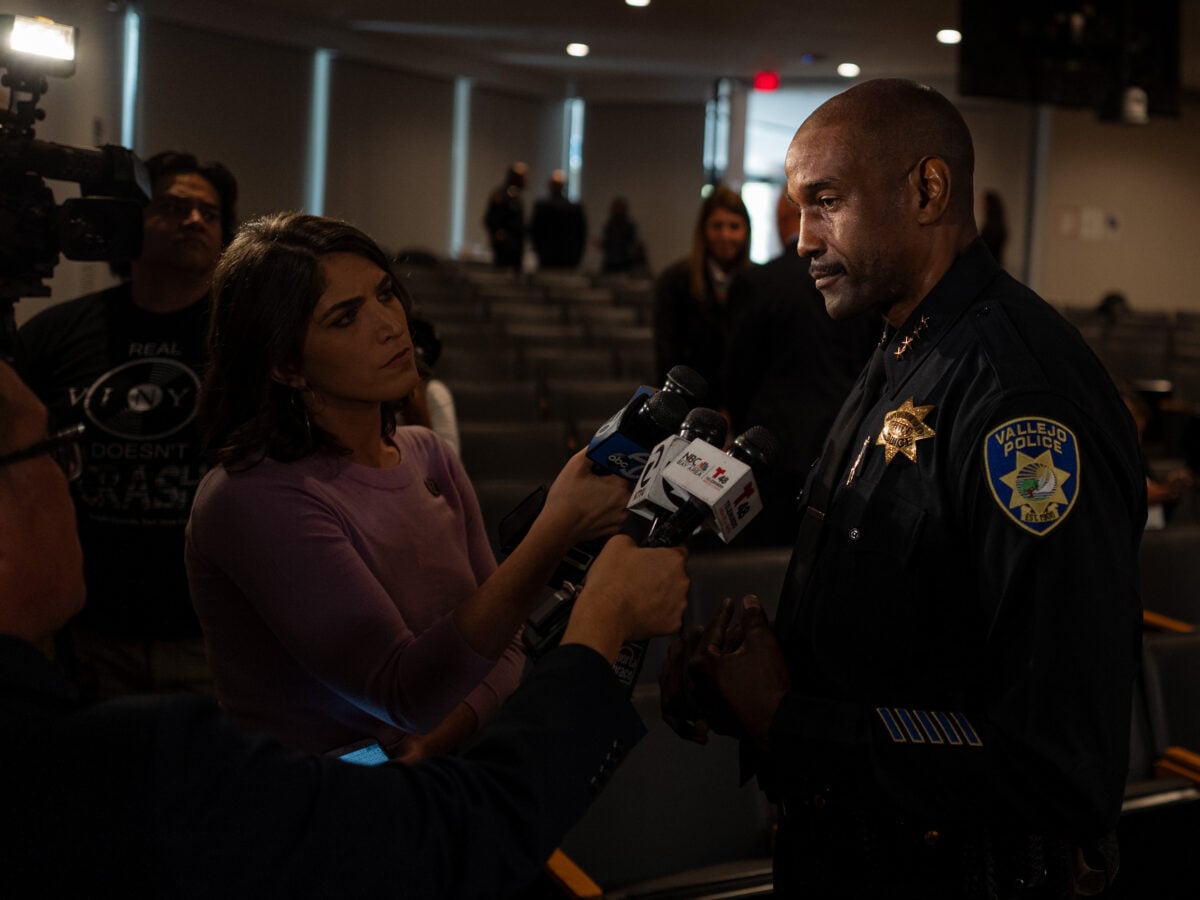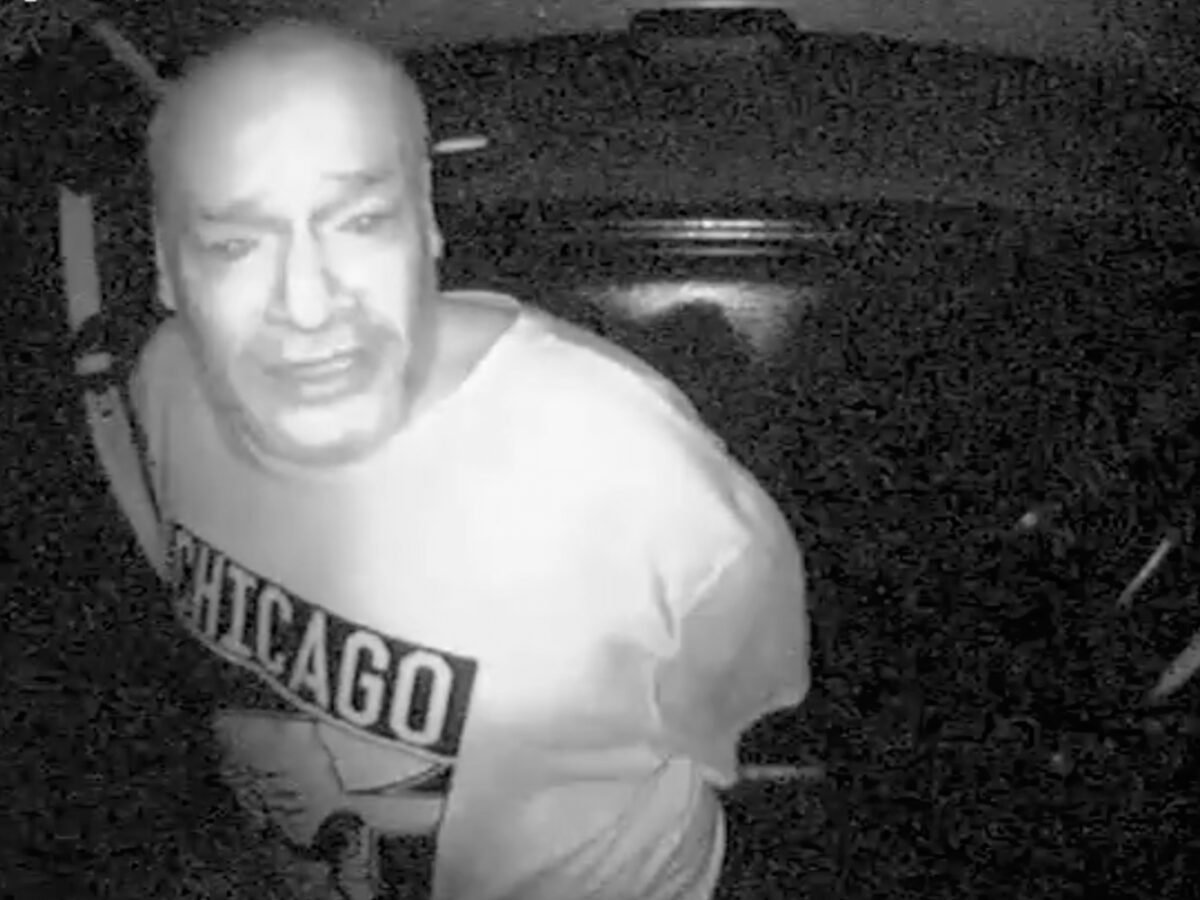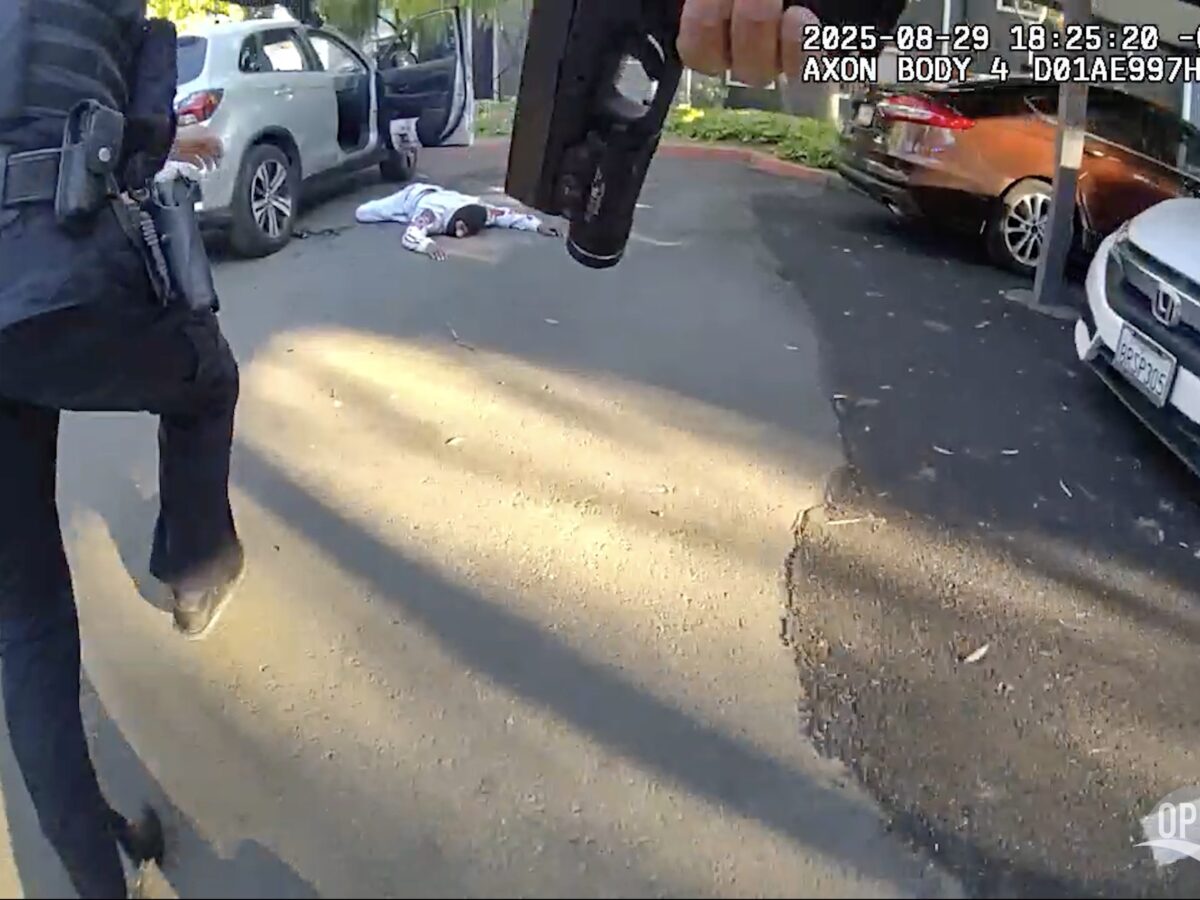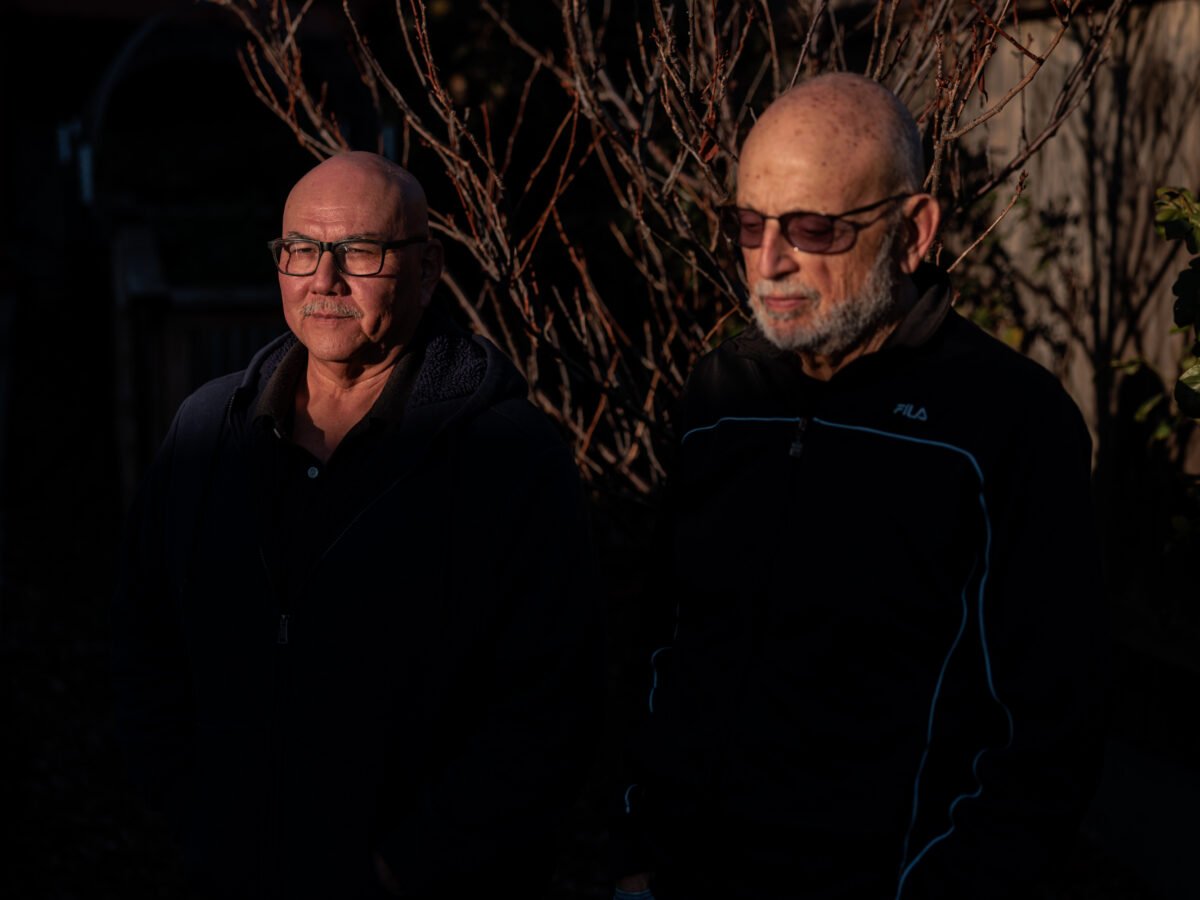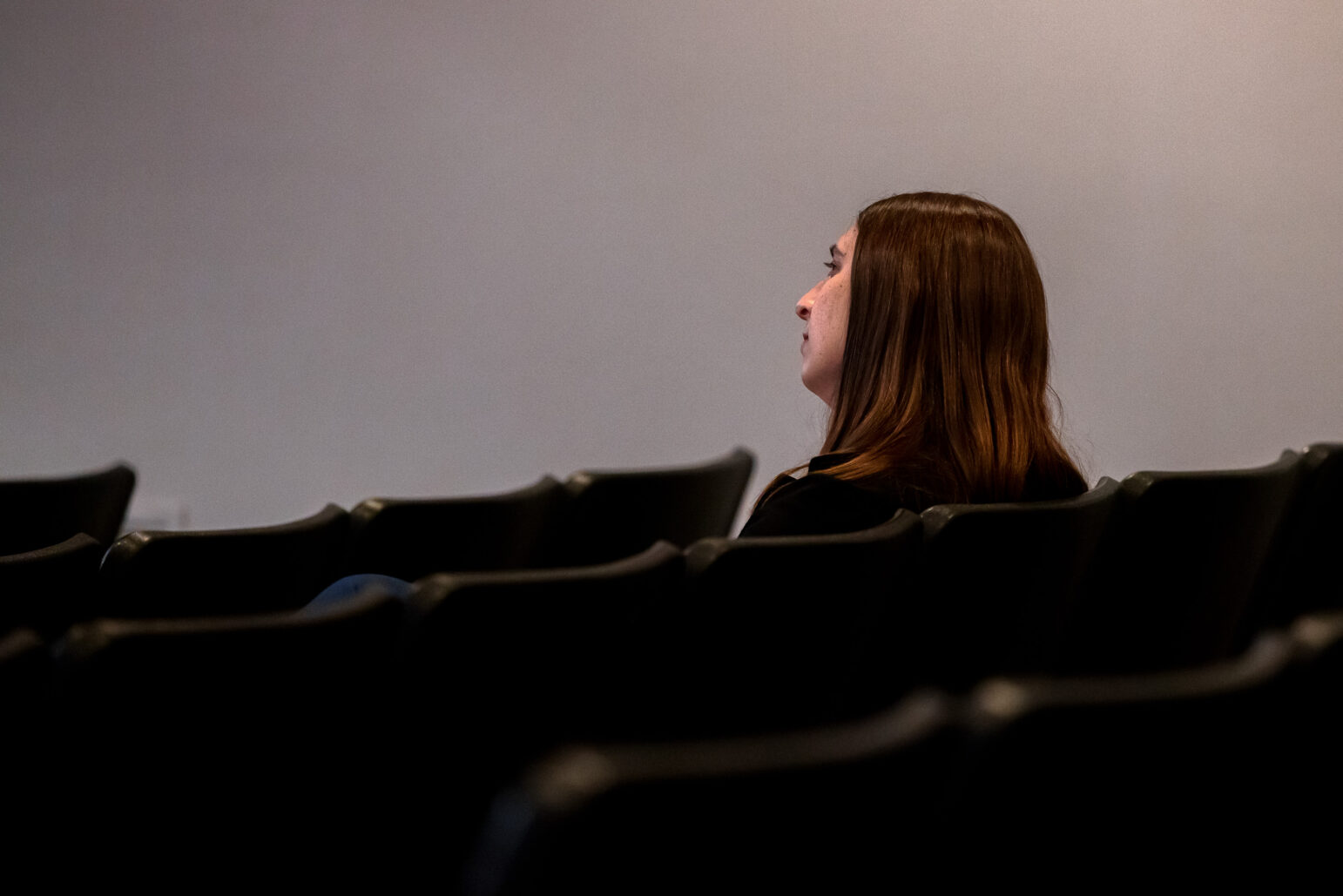
Three years after authorizing the illegal destruction of evidence in multiple police killings, a Vallejo city attorney has told Open Vallejo that her office intends to block the release of a third-party investigation into the purge.
Assistant City Attorney Katelyn Knight, who approved the destruction of case files in at least five police shootings, said the completed investigative report is in her office’s possession but protected by attorney-client privilege and laws shielding confidential peace officer personnel records.
State laws require the disclosure of records “relating to” police shootings, sustained findings of dishonesty by police, and other serious uses of force and misconduct.
Knight conveyed the city’s position in a letter sent to Open Vallejo’s legal counsel on Jan. 25. Open Vallejo has been locked in a public records lawsuit with the city since 2021. Knight is the city’s lead attorney in the litigation. The newsroom prevailed in the case last May.
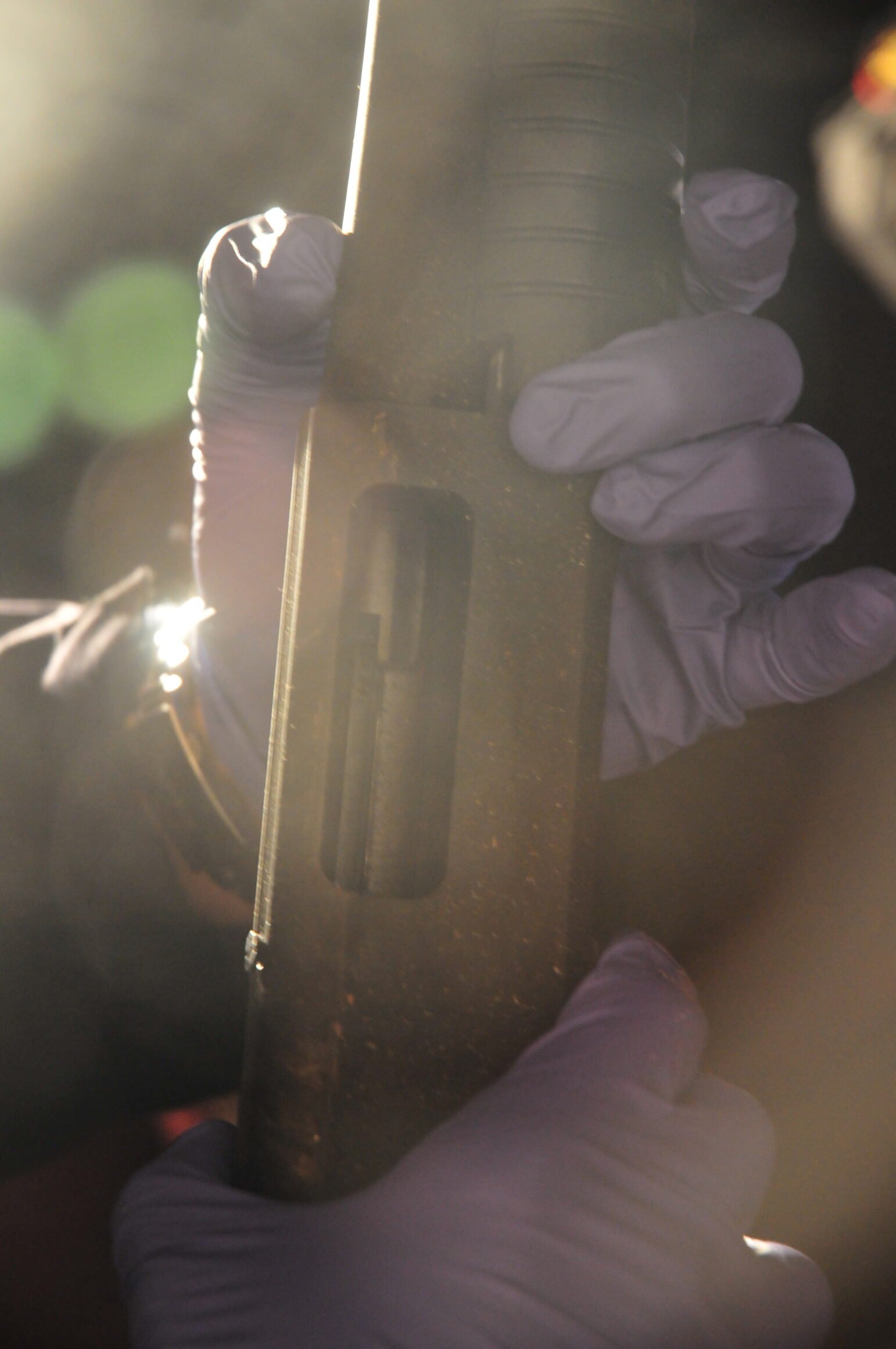
“We believe strongly that the City is obligated to produce the report, and that its assertion of privilege to withhold the report is unfounded,” said Sarah Burns, an attorney with the firm Davis Wright Tremaine, who represents this newsroom.
Open Vallejo first uncovered that the city destroyed evidence during a deposition of the police department’s public records coordinator, Joni Brown, in May 2022. Brown testified that she was “enraged” to find that the evidence in the cases was gone.
The city of Vallejo launched a third-party investigation after Open Vallejo detailed the destruction of evidence in February 2023. In a statement, the city announced that it had hired Van Dermyden Makus, a Sacramento firm handling workplace investigations, and Boucher Law, a labor and employment firm based in Berkeley. Neither firm responded to a request for comment.
In an interview this week, Mayor Robert McConnell said the city council has the power to release the report, which he said he has not seen.
“Privilege can be waived by a client, but I’m not the client, I’m only a member of the client’s board,” McConnell said. “That would require a majority vote of the city council.”
In his final ruling in Open Vallejo’s public records case against the city, Solano County Superior Court Judge Stephen Gizzi ordered Vallejo to keep him “apprised of the progress and findings of that investigation” and provide a copy of the report “as soon as it becomes available.”
Open Vallejo has requested a hearing to address the city’s refusal to release the report and other concerns about Vallejo’s compliance with the court order.
“Given that the report is subject to attorney-client privilege, we are evaluating the best means of addressing the Court’s order to provide a copy to the Court,” Knight wrote in her recent letter to Open Vallejo.
In the order, Gizzi said he did not have enough information to decide whether the destruction of records resulted from “malicious intent to thwart their production” or “simply an inadvertent chain of errors.” However, the judge noted that he may re-open the issue “for further consideration” depending on the results of the investigation.
Gizzi largely ruled in favor of Open Vallejo in the lawsuit, ordering the city to release all remaining disclosable records by November 2023 and holding that the city’s four-year delay in responding to requests for public information “violates the spirit, intent and terms” of the California Public Records Act.
Knight asserted in court records that the records destruction was “inadvertent.” City Attorney Veronica Nebb previously told Open Vallejo that her office did not officially approve the purge because staff did not obtain mandatory signatures. Neither responded to requests for comment for this article.

But correspondence obtained by this newsroom appears to show Knight authorized the evidence purge in response to an email from Det. Sgt. Mathew Mustard, who sought her approval to clear out five case files he came upon while “doing research,” public records show. Mustard was a lead investigator in each of those cases, interviewing shooting officers and coordinating the collection of evidence, meaning that he likely appeared in videotaped interviews that he prompted to have destroyed.
Knight’s potential conflict of interest is troubling, said David Loy, legal director for the First Amendment Coalition, a Bay Area nonprofit that promotes free speech and government accountability.
“I would like to think someone who has a personal stake in the matter should at the very least, in an abundance of caution, not be involved in any decision-making about that matter,” he said.
‘We don’t take any kind of responsibility’
The purge initiated by Mustard and authorized by Knight went forward despite this newsroom’s pending public records requests for the same records that were later destroyed. Judge Gizzi has since directed the city to refrain from destroying “any more documents” that are the subject of public records requests.
At the time the records were destroyed, the city was also in a collaborative reform agreement with the California Department of Justice, which granted the state agency full access to Vallejo police files, except materials subject to the attorney-client privilege. The DOJ served multiple subpoenas, most of which were never made public, ordering the city to produce certain records. In court papers, the city claimed the subpoenas did not command disclosure of the now-destroyed records.
The cases in which evidence was destroyed include five fatal shootings and one non-fatal shooting by Vallejo police officers that occurred between 2011 and 2013, an especially violent period in the department’s history.
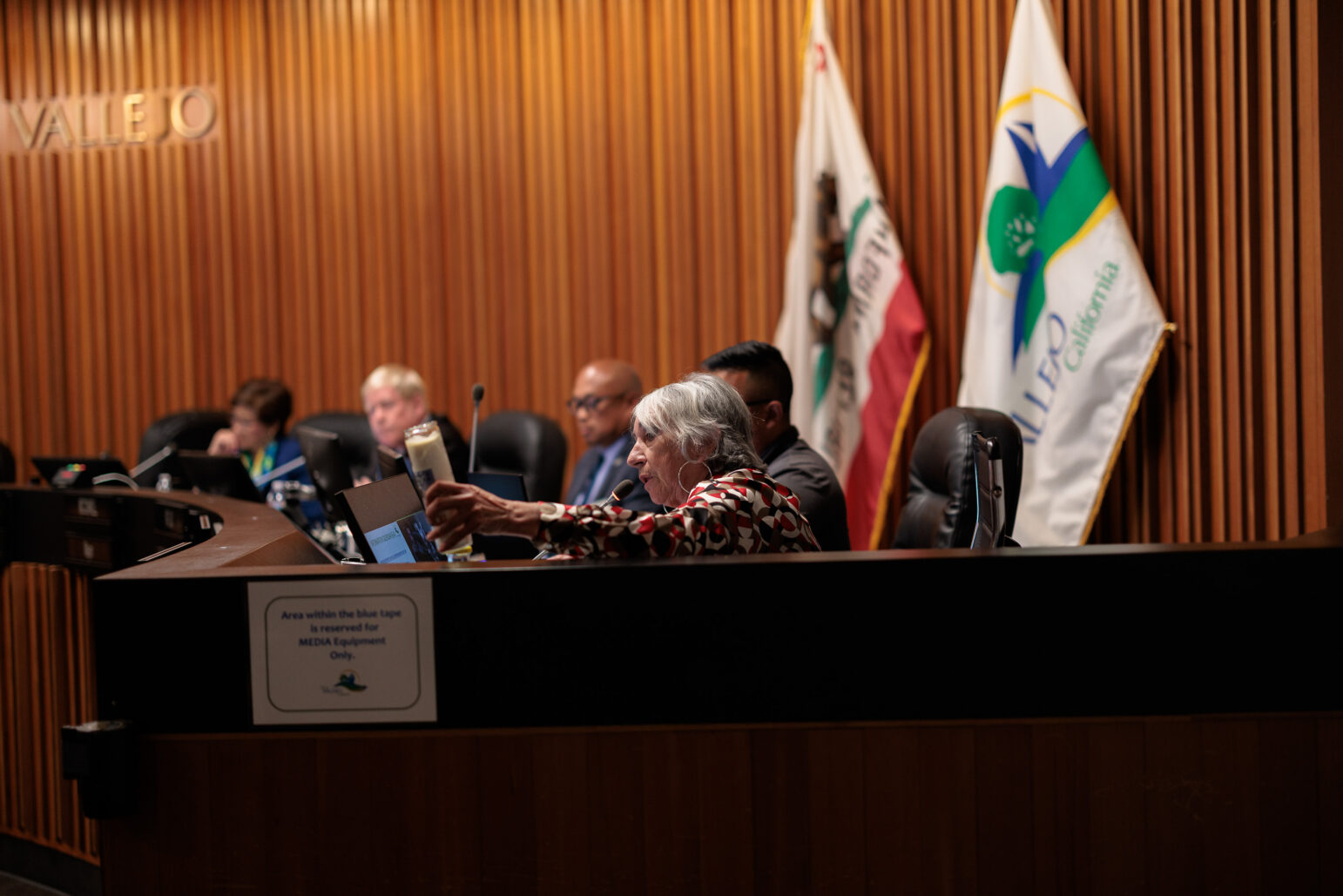
The city destroyed troves of audiovisual evidence, including interviews with witnesses and officers, in the shooting deaths of Sherman Peacock, Marshall Tobin, Mario Romero, William Heinze, and Mohammed Naas, and the non-fatal shooting of Tony Ridgeway.
All of the shootings in which records were destroyed involved at least one officer linked to the agency’s “Badge of Honor” scandal, revealed by Open Vallejo in 2020, in which officers bend the tips of their badges each time they kill in the line of duty.
City Councilmember Tina Arriola said Vallejo has for years demonstrated a lack of transparency and community engagement.
“We don’t take any kind of responsibility for anything that we’ve done,” she said.
At minimum, the city attorney’s office should consider releasing some general information about the findings, Arriola said, and provide an explanation for the report’s confidentiality.
“There should be a simple press release to ease the public’s mind that we’re not hiding things, that we’re not keeping things in secret,” she said.
Although legal arguments can be made for and against attorney-client privilege in this case, “when in doubt, the government should err on the side of disclosure,” said Loy, the First Amendment advocate.
“The city can, and I think should, choose to disclose the records regardless because of the overwhelming public interest in the when, where, why, and how these records were deleted,” he said.

